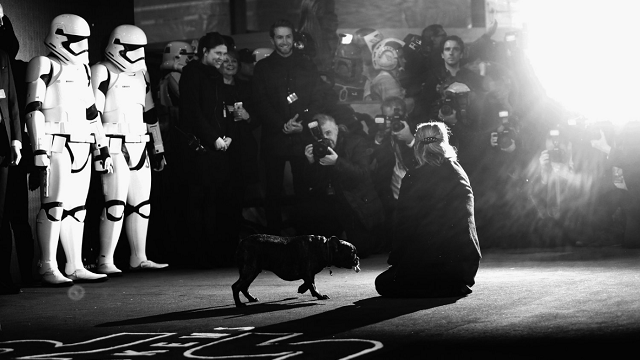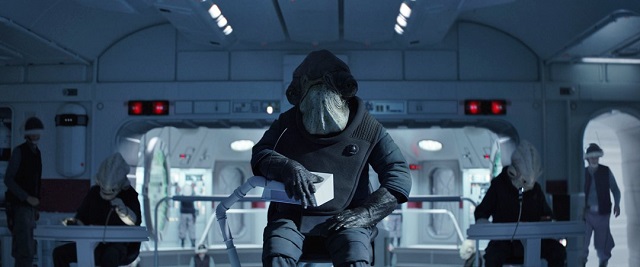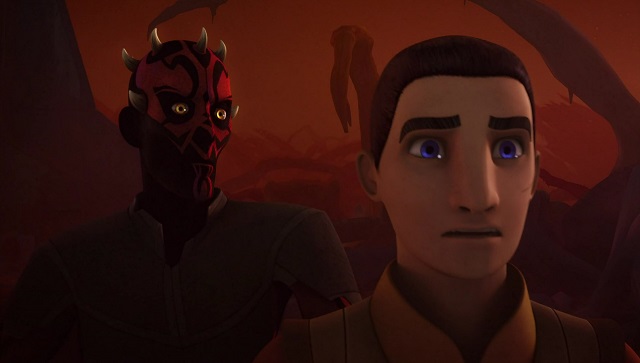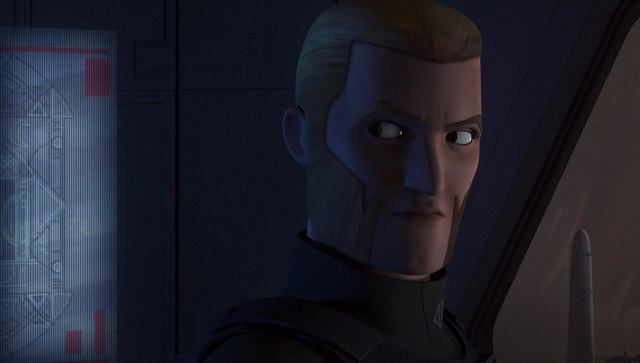Second Look is Eleven-ThirtyEight’s biannual tradition of highlighting some of our most interesting pieces from recent months. Check in every day this week to see a new, ah, old piece back on the front page for another moment in the spotlight. – Mike, EIC
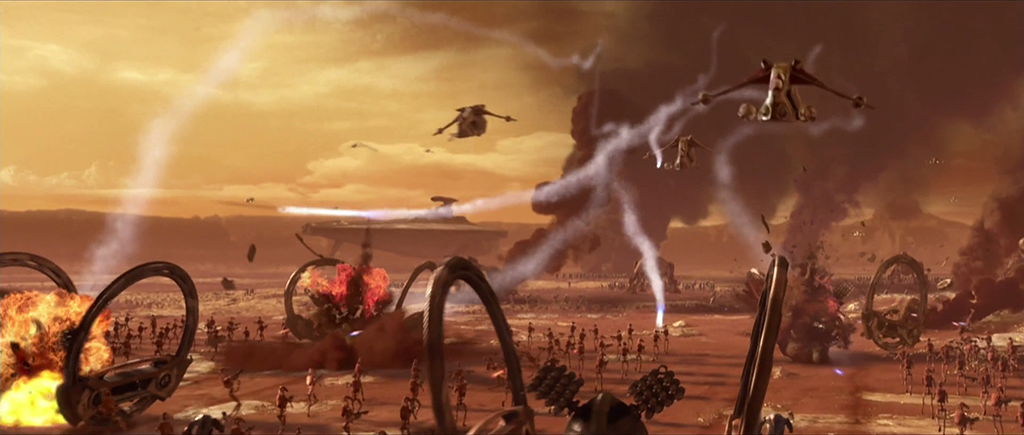
Stories have power—and the narratives our societies choose to focus on will, for better or worse, begin to define our reality. The concept of Manifest Destiny helped usher in an age of colonization and imperialism that resulted in millions of deaths and the enslavement of millions more. The narrative of the “American Dream” fostered economic growth and productivity on a scale never seen before, though often at the cost of work-life balances and to the exclusion of those denied equal access to economic institutions. The 1980s conception of the “Welfare Queen” embedded itself into American consciousness and to this day inhibits anti-poverty efforts while encouraging racial animus.
Stories have power—and because of that, we must make sure we are not focusing on a narrative that may ultimately cause harm to others. With that thought in mind, I worry: Does Star Wars promote the myth of redemptive violence (defined simply as “the belief that violence saves, that war brings peace, and that might makes right”)?
Recently Roy Scranton, an American veteran of the second Iraq war, argued in the New York Times that in Star Wars, “the violence of war has a power that unifies and enlightens…It’s a story about how violence makes us good.” In essence, Scranton argued that Star Wars is simply another piece of America’s cultural myth of redemptive violence. This myth, he argues, is emblematic of the US addiction to war and ultimately helps prop up the same powers that even now wreak violence around the globe.
If his critique is true, then every fan of Star Wars is part and parcel of systemic evil that the myth of redemptive violence has brought upon the world. As a fan, the possibility that this critique might be true frightens me. But is it?
